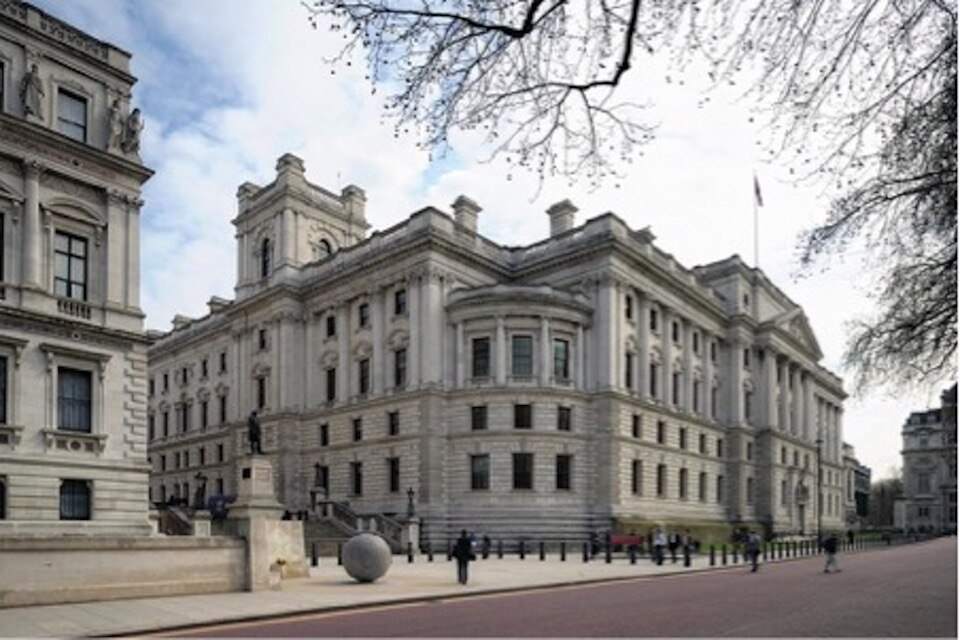
Millions of rail passengers will see their fares frozen for the first time in three decades, after the Chancellor and Transport Secretary announced a landmark intervention aimed at easing
pressure on household budgets and helping curb inflation.
Chancellor Rachel Reeves will formally confirm the freeze in next week’s Budget, meaning commuters will pay no more for season tickets, peak-time returns or off-peak fares between major cities over the coming year. Ministers say the move will save regular travellers hundreds of pounds and provide a direct boost to town-centre economies.
According to Treasury figures, commuters on some of the most expensive routes stand to save more than £300 annually. A commuter travelling three days a week with a flexi-season ticket will save an estimated £315 on the Milton Keynes–London route, £173 between Woking and London, and £57 on journeys from Bradford to Leeds.
Reeves said the decision forms part of a wider Budget strategy to “cut NHS waiting lists, cut national debt and cut the cost of living”, arguing that freezing fares will “ease the pressure on household finances and make travelling to work, school or to visit friends and family that bit easier.”
Transport Secretary Heidi Alexander echoed the sentiment, saying the freeze will ensure “millions of passengers save money” and retain more of their “hard-earned cash”.
Transport costs account for around 14% of average household spending, and ministers say the freeze will help limit inflation by holding down a major everyday expense. It also forms a key element of the government’s plan to rebuild a publicly owned Great British Railway (GBR).
The forthcoming Railways Bill will formally establish GBR, a new publicly owned body responsible for both track and train operations. The government says the change will end years of fragmentation and deliver a more reliable, better-value network. Plans include modernised ticketing—such as tap-in, tap-out payments and expanded digital ticketing—alongside investment in faster onboard Wi-Fi.
More than one billion passenger journeys across England are expected to benefit from the freeze on regulated fares.
CEO of Campaign for Better Transport Ben Plowden said:
“We know that cost is the number one concern for people wanting to travel by train, so it is very welcome that fares will be frozen next year as we have been calling for. As well as helping households with the cost of living, this will enable more people to choose rail, reducing traffic on our roads, benefitting the economy, helping the environment, and connecting communities across the country.
One of the government’s six objectives for the reformed railways is that they should be affordable. As plans for Great British Railways gather pace, this is a positive sign that affordability for passengers is being given the high priority it deserves”. Photo by UK Government, Wikimedia commons.


































